
Non-Sponsored
Advertisement
Final INTRIGUE trial data highlight outcomes of ripretinib vs sunitinib in patients with GIST.
Dr. Weinberg recaps key ASCO Annual Meeting research, including MATTERHORN, ATOMIC CHALLENGE, BREAKWATER, and DYNAMIC-III.
The use of neoadjuvant/perioperative gemcitabine with cisplatin can boost OS and R0 resection rates in patients with BTC.
New findings presented at the 2025 ASCO Annual Meeting expanded on HRQOL data from the phase 3 CABINET trial.
Long-term results support the durable efficacy of binimetinib plus imatinib in treatment-naïve advanced GIST.
Bridging GI Oncology Care and Compassion: Dr. Joseph McCollom on Hope, Healing, and Human Connection
Dr. Joseph McCollom discusses his path to specialization in GI cancers and the pivotal role of palliative care in oncology.Dr. Kelly discusses the first overall survival results from CheckMate 577 and how they compare to previous DFS results.
Dr. Kim discusses survival outcomes of zanidatamab compared to chemotherapy in patients with previously treated HER2+ BTC.
Adjuvant nivolumab provides durable long-term DFS benefit and shows an OS advantage in patients with resected EC/GEJC.
Pembro plus lenvatinib with chemo may improve progression-free survival in patients when compared with the standard of care.
The phase 3 NEOPAN study has shown that FOLFIRINOX can significantly improve PFS compared with gemcitabine.
Researchers evaluated the use of mFOLFIRINOX for the treatment of patients with resectable pancreatic adenocarcinoma.
In a systematic review, researchers found that several anti-HER2 therapies may benefit patients with biliary tract cancers.
The guideline includes recommendations for the management of carcinoid syndrome and carcinoid heart disease.
Researchers define characteristics of e-GISTS and determine whether endoscopic resection is a treatment option for patients.
A multivariate analysis revealed HER2-targeted therapy to be an independent prognostic factor for OS.
Dr. El-Rayes reflects on his career in translational research, emphasizing his efforts to expand trial infrastructure.
Palliative EBRT can reduce physician-evaluated and patient-reported dysphagia symptoms in patients with incurable disease.
Zenocutuzumab may serve as an effective treatment for NRG1 fusion-positive pancreatic cancer, with low-grade AEs.
Drs. Stephen Liu and Benjamin Weinberg continue their discussion on the safety of zenocutuzumab in NRG1 fusion+ PDAC.

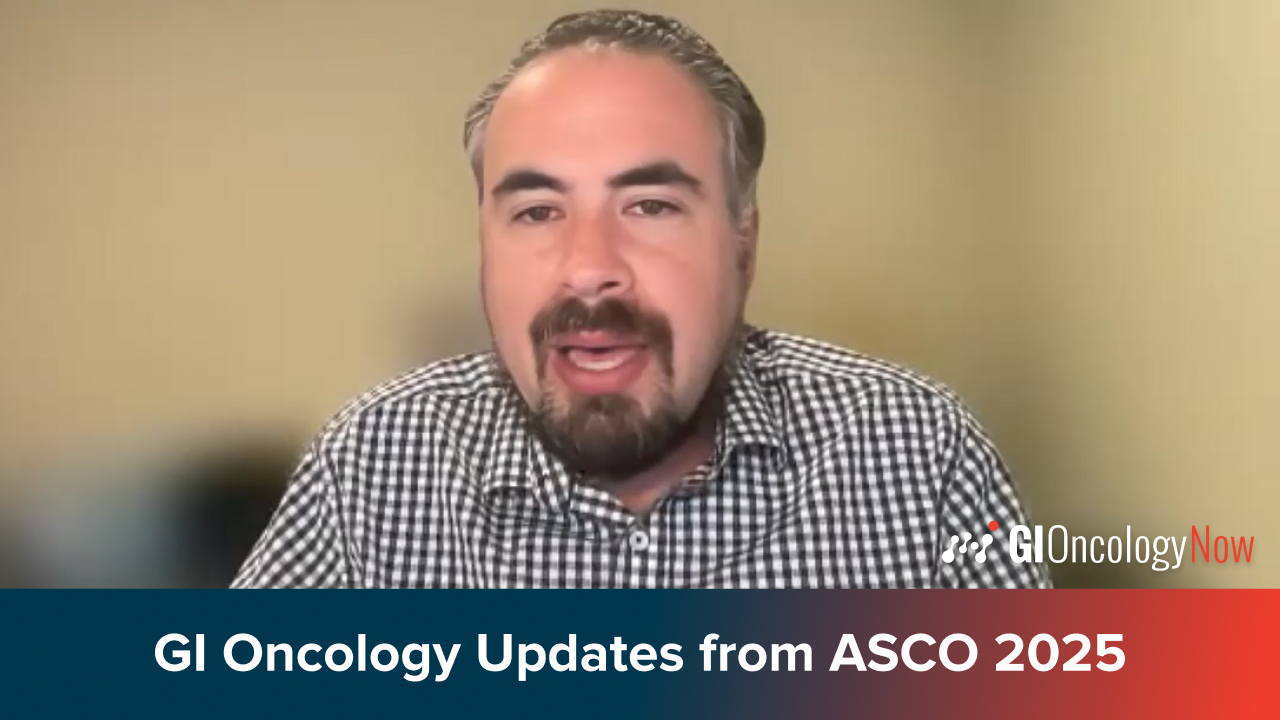
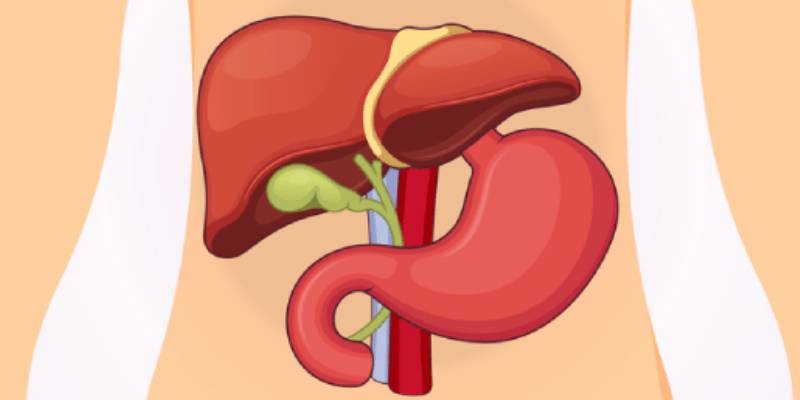
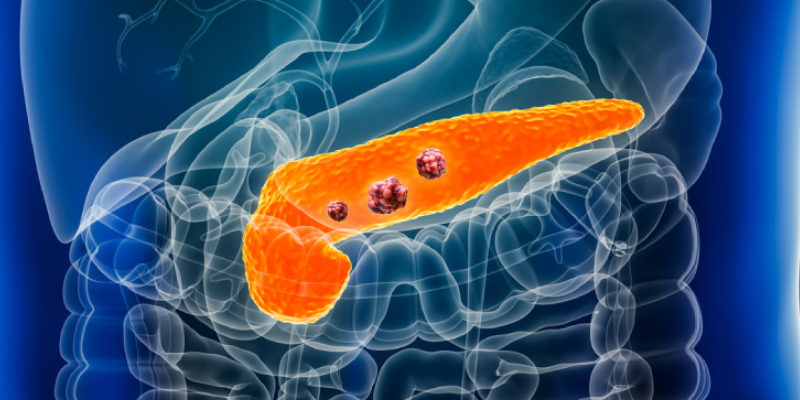





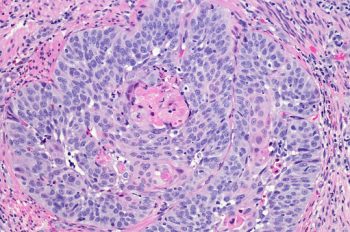
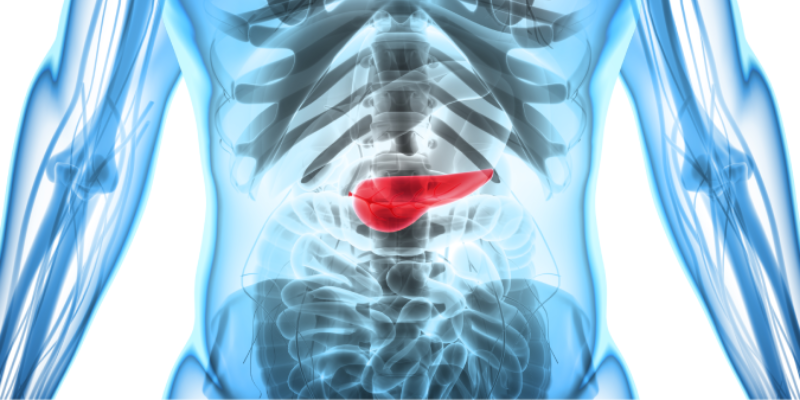

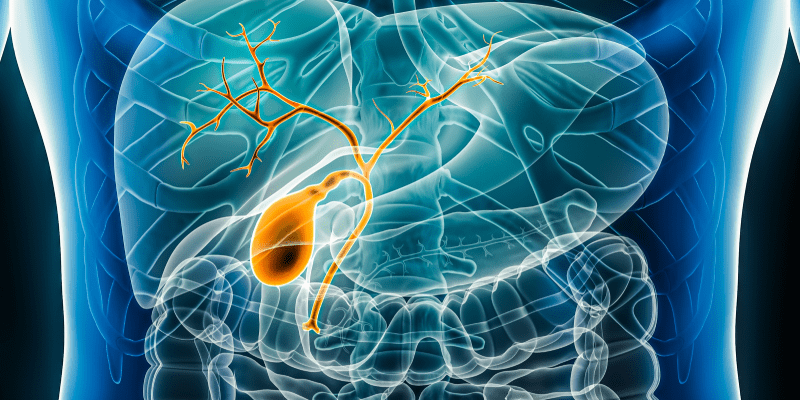

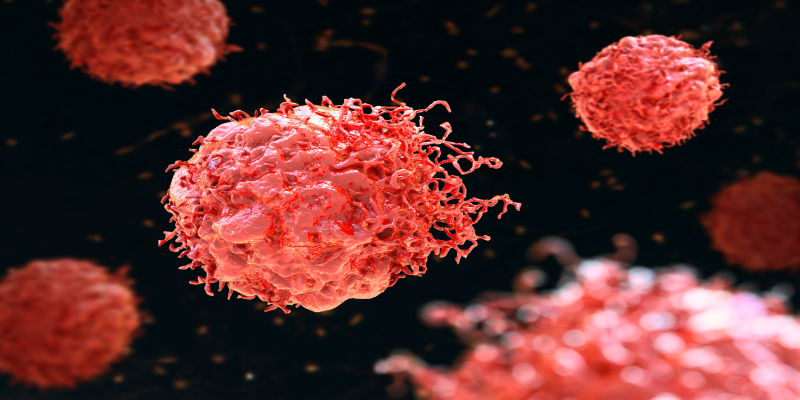
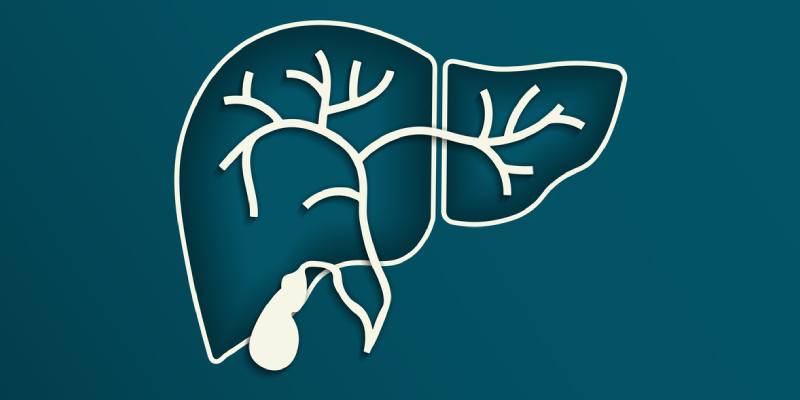



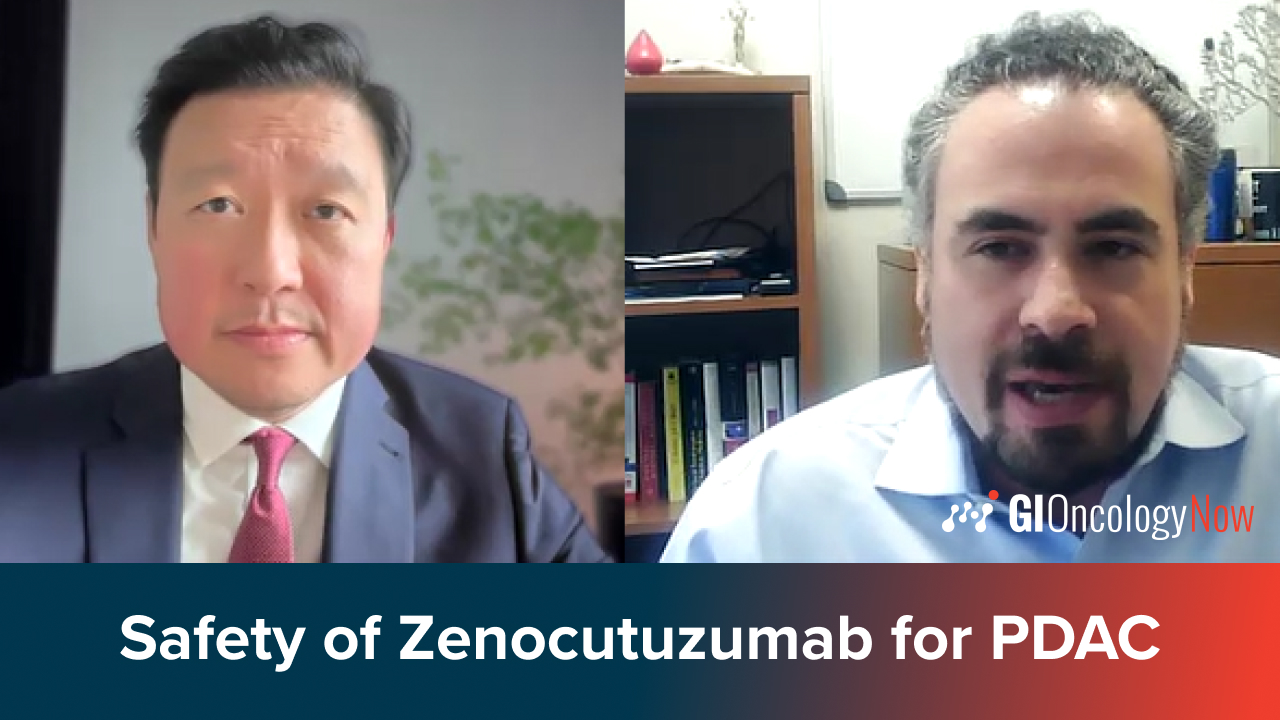

 © 2025 Mashup Media, LLC, a Formedics Property. All Rights Reserved.
© 2025 Mashup Media, LLC, a Formedics Property. All Rights Reserved.